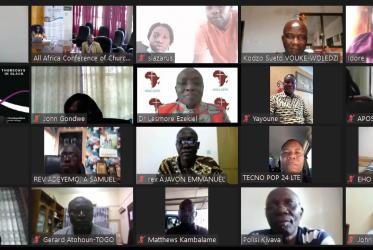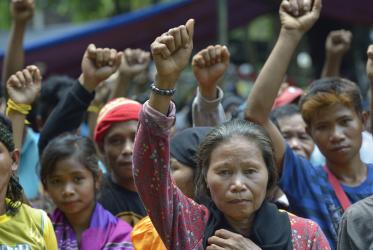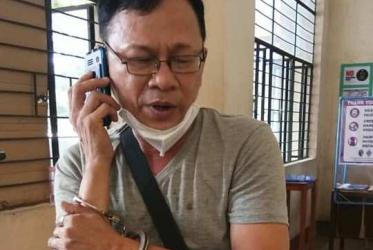Displaying 1 - 20 of 67
Climate crisis fuels existing water injustice
27 October 2021
Young people in Togo: “Hear our voice! We want to tell our stories!”
07 November 2019
WCC organises event on “The Human Rights Situation in the Philippines”
18 September 2019













